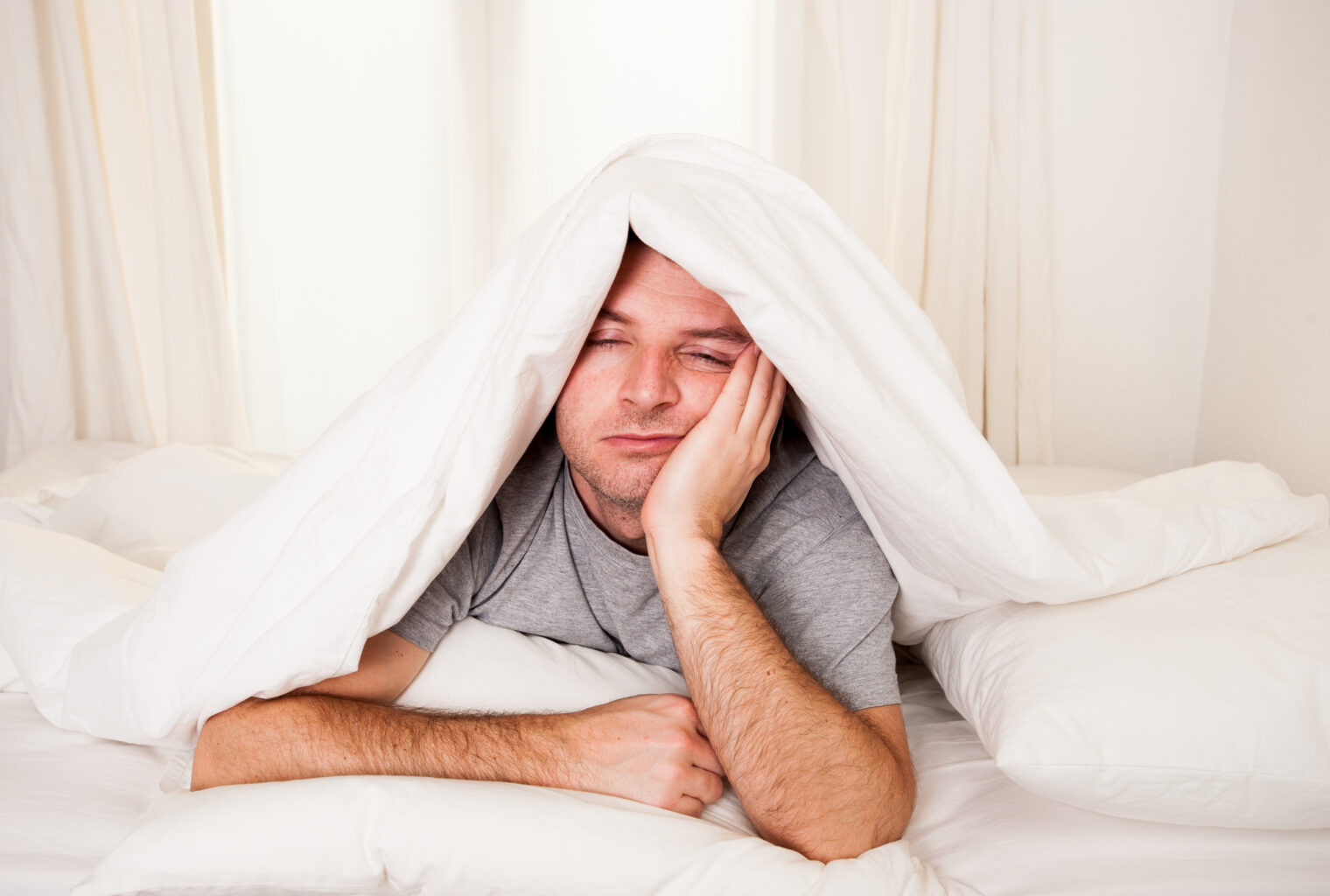
Sleep apnea is a serious medical condition that affects approximately 22 million Americans. In addition to inhibiting people from breathing properly during the night, sleep apnea can lead to several other health conditions, including:
- Heart disease
- High blood pressure
- Diabetes
- Asthma
- Weight gain
- Acid reflux
It is highly recommended that those suffering from sleep apnea seek medical treatment. Sleep doctors, general practitioners, and dentists can all work together to discover the solution that works best for you. As a result, you will noticeably feel more energetic, rested, focused, alert, calm, and positive.
There’s no reason to continue feeling lethargic when there are several effective treatments available. Two of the most common are CPAP machines and oral appliances. Sometimes, these are used simultaneously, but they can also be effective on their own.
Continue reading to learn about the two most common and effective treatments for sleep apnea.
Sleep Apnea Treatment: CPAP Machines
Continuous positive airway pressure consists of a machine that distributes air pressure through a mask-type device that is placed over the nose or a device that fits in the nose. The amount of pressure from the machine is enough to keep the upper airway passages open to reduce the number of respiratory events during sleep.
Traditionally, CPAP machines are associated with being extremely uncomfortable and loud. Newer machines are smaller, quieter, and there are various mask designs so patients can choose the one that’s most comfortable for them.
While this treatment certainly takes some getting used to, patients who use the machines consistently report having more restful sleep and better overall health.
Sleep Apnea Treatment: Oral Appliances
Dentists like Dr. Timothy E. Mickiewicz design oral appliances for patients with obstructive sleep apnea. These mandibular advancement devices (MADs) decrease snoring and open the airway by supporting the jaw for proper breathing while sleeping.
There are three types of dental appliances for sleep apnea:
- Mandibular repositioning appliance
- Tongue retaining appliance
- Combination oral appliance and CPAP
Once patients have been diagnosed with sleep apnea by a medical doctor, the dentist examines their oral structure to determine which oral appliance is best for their situation.
For most patients, MADs offer the same benefits as CPAP machines plus more. In addition to improving quality of sleep, oral devices are more comfortable, convenient for traveling, produce no sound, and easy to maintain.
Patients simply wear the appliance while sleeping; it isn’t hooked up to a machine and there are no other attachments. It seems like the obvious choice for all sleep apnea patients! In fact, ninety percent of Dr. Mick’s patients report little to no snoring after two nights of wearing their oral appliance.
Find an Experienced Sleep Dentist
Not all dentists are trained or experienced enough to treat patients with obstructive sleep apnea. Dr. Mick has dedicated his career to researching and treating issues like obstructive sleep apnea. His success in this area has led him to be named “The Face of TMJ Therapy/Dental Sleep Medicine” by Sacramento Magazine.
Dr. Mick is known for his evidence-based knowledge and is often called on to teach dental and medical professionals about complex sleep issues and facial pain.
If you or a loved one is suffering from obstructive sleep apnea, don’t wait any longer to get the help you need. Call 916-469-9178 to schedule an initial consultation with Dr. Mick.


